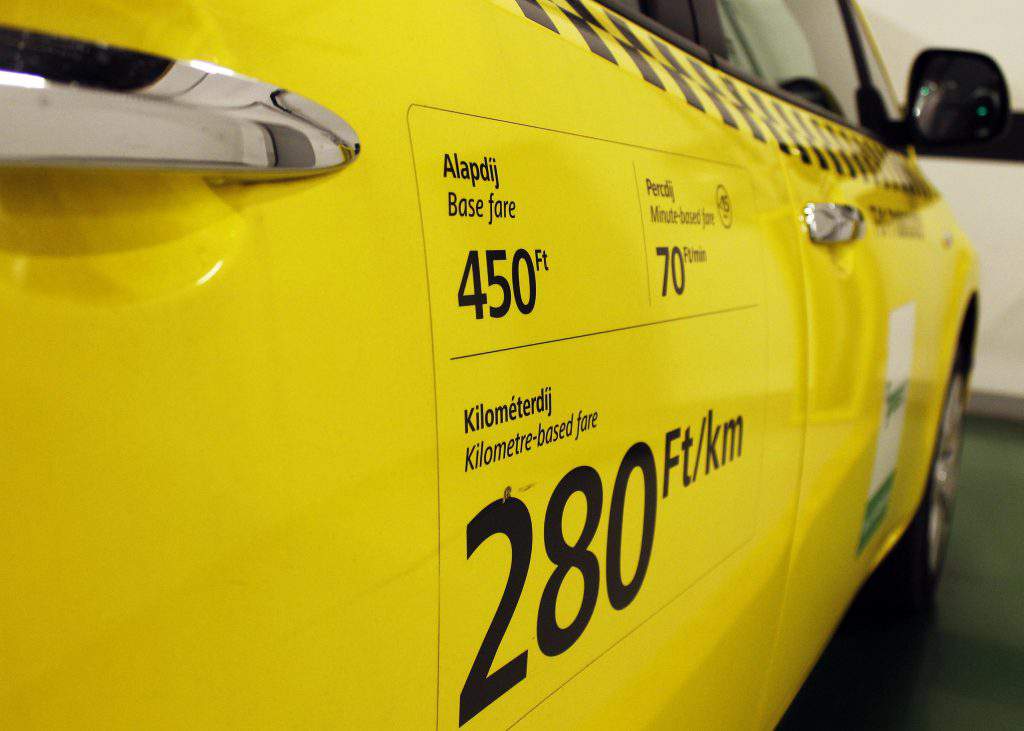Change language:
Taxi drivers: inevitable fare increase in 2018?

Lately, it has become harder to get in a taxi in Budapest. Nobody picks up the phone in the call centres, nobody can send a car, or they cancel the ride. According to Infórádió, this is because there are not enough drivers on the streets since wages are very low. Therefore, the job is not too attractive, so a fare increase seems to be inevitable. As we reported, the labour shortage has become critical in Hungary in the last few years hindering economic growth. The most affected sectors are public transport and service, tourism and IT. Jobbik’s Wage Union initiative could help, but the government does not back it due to political reasons.
The number of taxi drivers is too low
According to Organization of the Budapest Chamber of Commerce and Industry (BCCI) transport department’s leader Zoltán Dudás, there are approximately 5,600 drivers on the streets of Budapest at present. However,
demand for taxis is higher than any time before.
Thus, the constant number of taxi drivers is not enough. Also, Budapest’s car permeability decreased so even taxis cannot be as quick as before.
As we already reported, BKV and other transport companies struggle with the lack of workforce even though these are more attractive jobs than being a taxi driver. Dudás added that according to a 2013 decree of the Budapest Municipal Council fares could be reconsidered each year. Therefore, BCCI will suggest
a tariff increase this year so that driving a taxi can become more attractive.

He did not say any details about the ongoing negotiations. But he stated that he trusts in a tariff which is affordable for passengers and allows new companies to enter the market. As a result, companies can fill open positions easier.
Even ordering does not give 100pc guarantee
It is just partly right that if somebody orders a taxi days or even weeks before he/she will get one. Dudás added that, of course, orders have priority before anything else. But companies cannot send the address to a driver sooner than 20-25 minutes before the journey.
However, if there are no taxis available in the neighbourhood, it might happen that the journey must be cancelled. In this case, even mobile applications are useless. During peak time
communication through URH radios remains as the only option with which one can try to find an available car
– added Dudás.
Could the Wage Union be a solution?
According to some economists and the biggest opposition party, Jobbik a solution could be the Wage Union. This aims to
raise Eastern-European wages to Western-European level,
so Eastern-European countries would not become empty because of emigration. As a result, labour shortage would not hinder the economic growth of the countries in the region. For example, taxi drivers could increase fares.
Therefore, Jobbik started a European citizen’s initiative and had been collecting signatures to bring the issue to European Commission’s table. However,
due political reasons government does not support Jobbik’s wage union initiative.
Photo: Daily News Hungary
Source: Infórádió, Daily News Hungary







